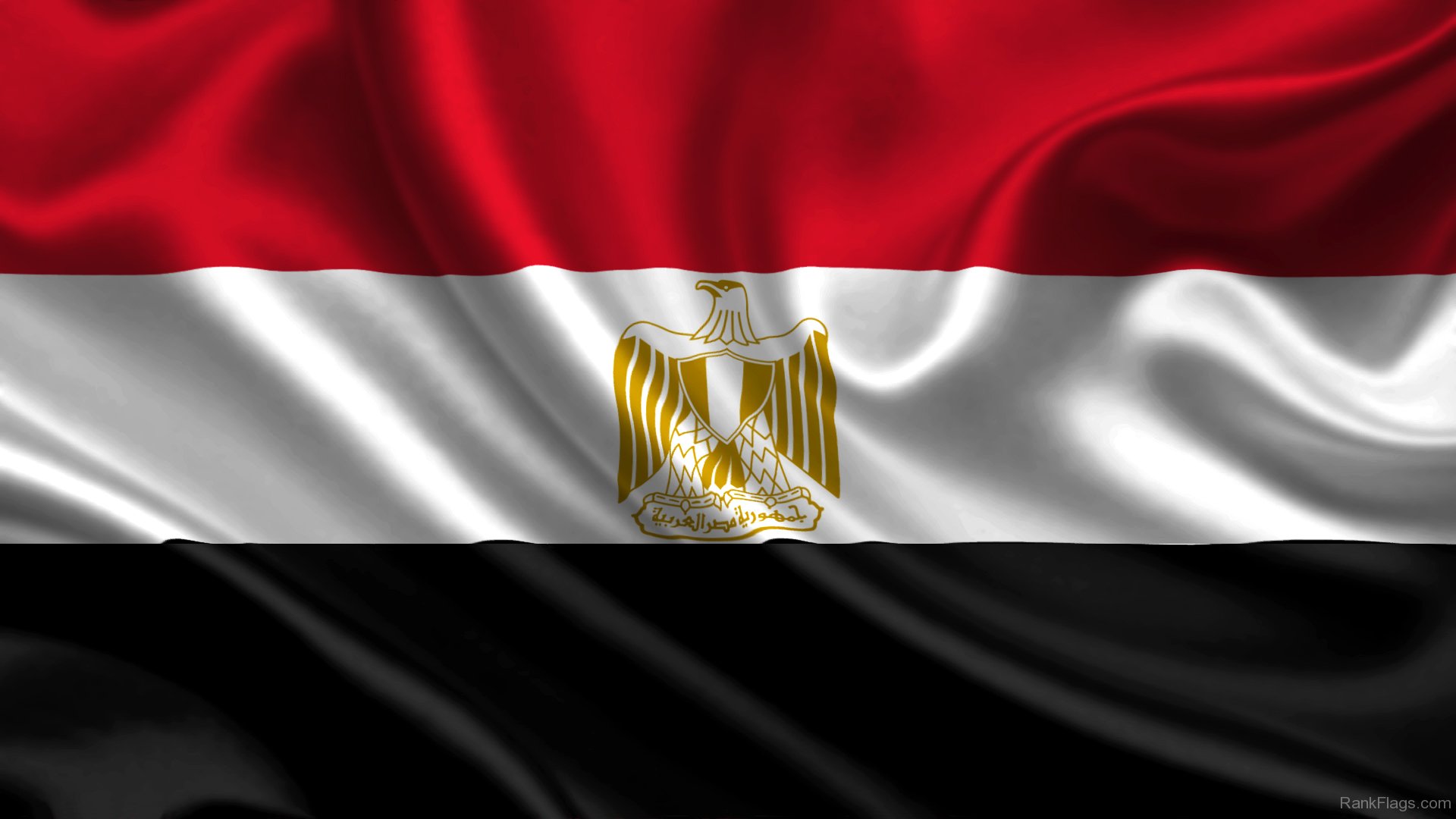Al-Minshawi told the committee that authorities had discussed less lethal options to clear the sit-in, including cutting off water and electricity and “opening the sewage,” as well as besieging the square to prevent food supplies from reaching protesters, according to the report.
But the authorities decided that these options would have taken longer to end the protests and would have “inconvenienced residents in the area,” Al-Minshawi said, according to the report.
Al-Minshawi told local media in 2020 that the plan had been to peacefully disperse the demonstration until the protesters began attacking security forces, but made no mention of the debate within the security forces about other options that are detailed in the EIPR report.
“The government was torn between dispersing the gathering at any cost in a short period of time, or dispersing it at a lower cost but over a longer period of time,” the investigation report said, according to EIPR. Egyptian security forces’ bulldozers moved in to disperse a protest camp held by supporters of ousted president Mohamed Morsi and members of the Muslim Brotherhood, on August 14, 2013 near Cairo’s Rabaa al-Adawiya mosque. Egypt’s Muslim Brotherhood said at least 250 people were killed and over 5,000 injured in a police crackdown.
Egypt on edge after at least 278 killed in bloodiest day since revolution
“The government has opted for the first option, as the leaders in the sit-in had gone beyond that which is fathomable or appropriate,” the report added.


